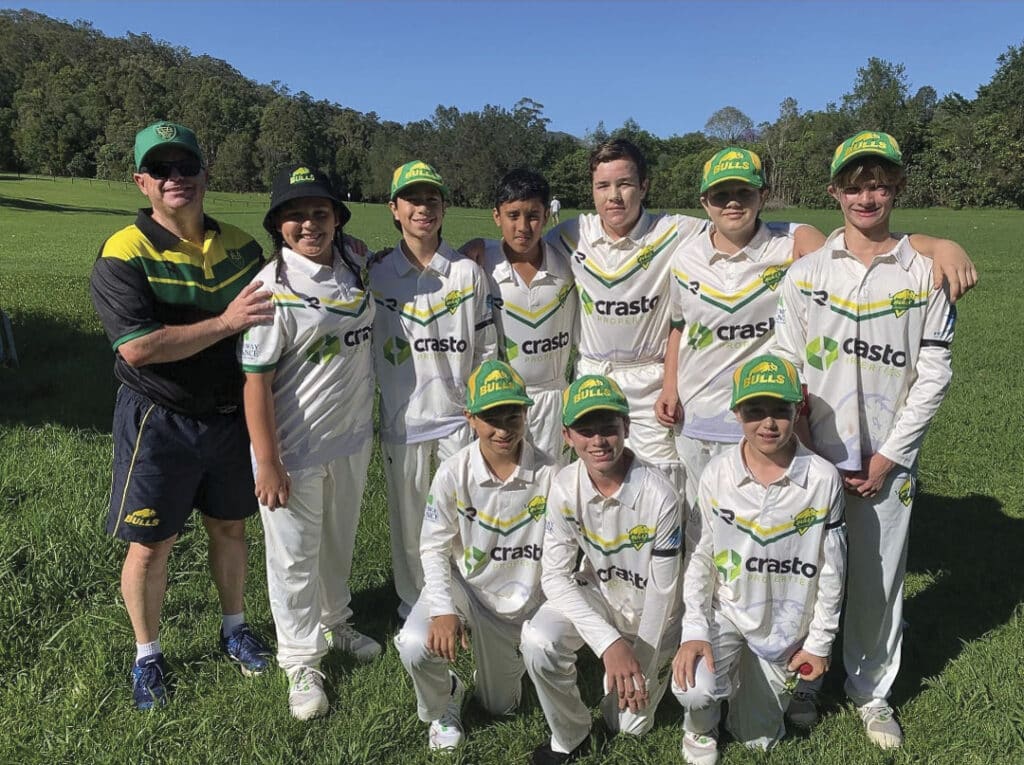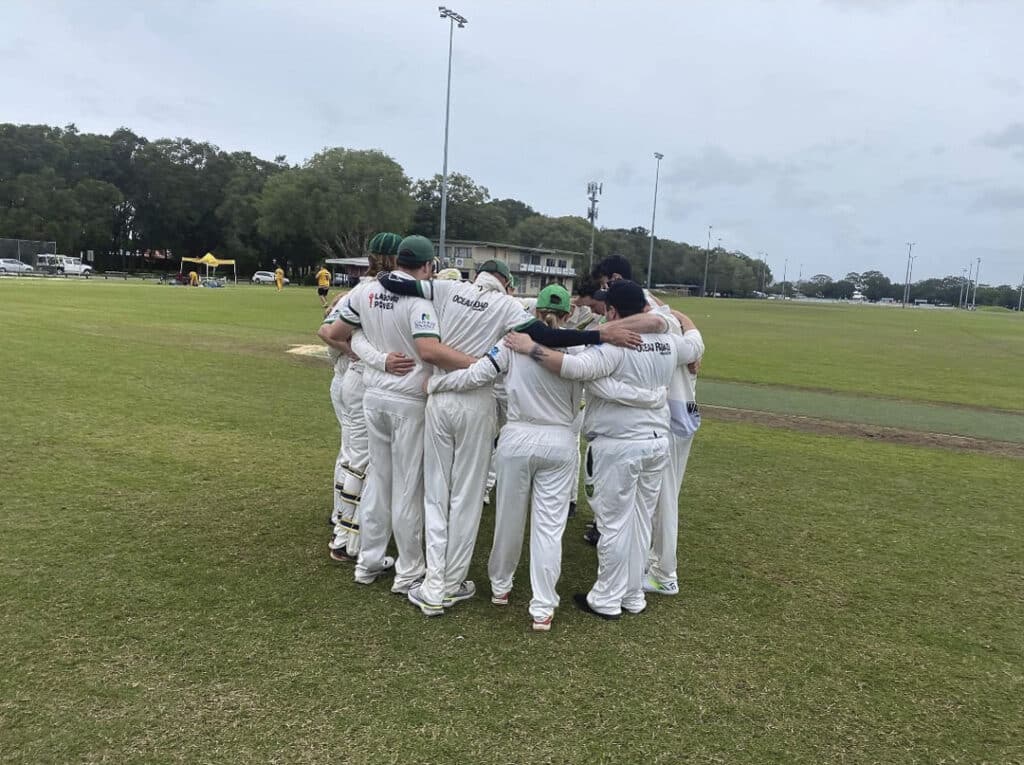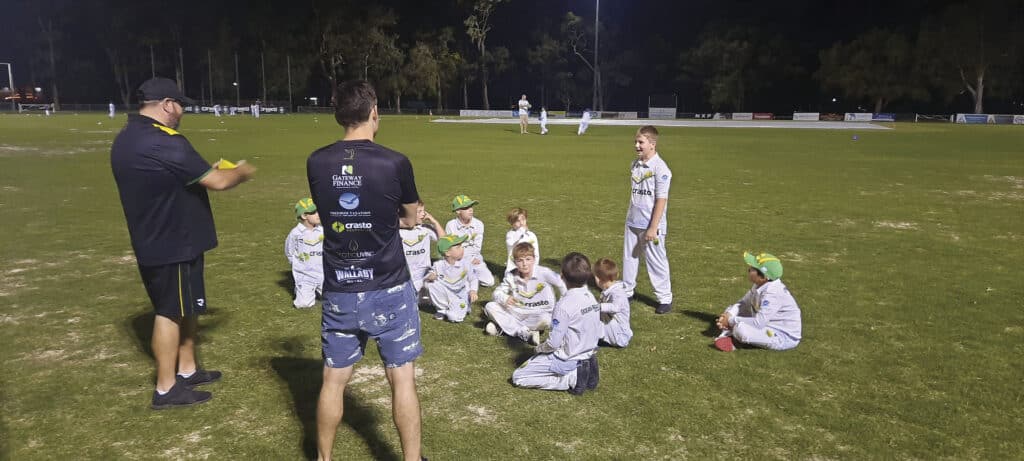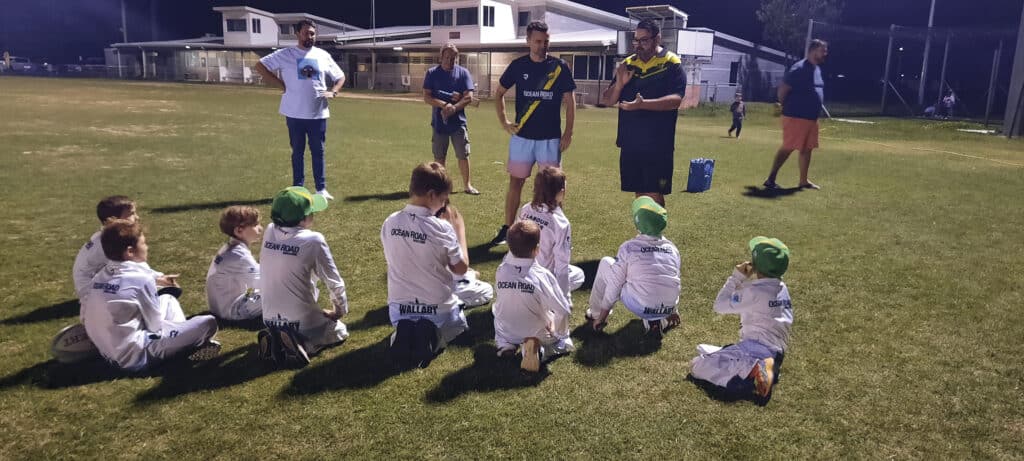SPORT
How to be a Good Sport – and Why

WORDS: Jake Savage PHOTOGRAPHY Supplied
Self Confidence, Motivation, Life Satisfaction can all be improved by sports participation and teamwork.
The Gold Coast cricket community was hit hard recently after the tragic death of a man lauded for his influence in enabling the grassroots of the game to flourish.
Trent Walters, the Queensland Cricket manager for the region since 2018, passed away under sudden circumstances with clubs quick to express their grief in tributes for him.
He has left behind a gaping hole in the sporting landscape, with Gold Coast clubs posting an outpouring of grief and praise in honour of his service.
Bonogin Valley Bulls President Jake Savage shared the following statements with his club and these thoughts were echoed by other clubs throughout the region.
“Trent has been so influential in where our club is today and the plans we had for the future.
“Since the early days of our club, Trent has always been there for us and has done more for this club than can be put in a quote on social media”.
“We will miss him but be forever grateful and will always remember that big smile.”
“Our thoughts go out to his family – such a sudden passing of a community legend will be felt for a long time to come.”
Following the sad news, The Bonogin Valley Bulls Cricket Club is placing a lot more emphasis on Mental Health and the well-being of not only their members but the broader community.
Sport, and Cricket in general can play a crucial role in challenging stereotypes and promoting positive mental health for both boys and girls.
Suicide is the leading cause of death for people aged 15-25 and the majority are male, so it’s vital we find a way to support young men’s mental health, especially during the transition period between adolescence and adulthood.
For many boys and girls, sport is a significant part of their life and often the only ‘safe space’ where they can receive positive socialisation and engagement, so it’s logical it can play a substantial role in protective mental health.
Savage hopes that his own sporting club is viewed as being an important place to shape young men’s and women’s positive mental health attitudes.
There are many positives in playing for not only the Bonogin Valley Bulls but any sporting club, including having like-minded friends, a release from the stresses of school and work, and the ability to engage with other males/females irrespective of age or demographic.
As clubs bring together different ages, they are able to provide positive role models for the younger players, with leadership and mentoring being extremely important to developing respectful relationships and positively shaping identities.
In Australia in particular we know that young men and women will likely pass through a sporting club at some point in their lives so it is crucial that our club is a safe environment, and we continue to have these hard conversations around mental health and wellbeing.
A report published last year shows that being part of a team is beneficial to your working life, helping with goal-setting, focus and grit. It also boosts your motivation, makes you happier, improves feelings of social-connectedness and peer bonding – which all help to reduce stress, anxiety and depression.
Why should I continue to play team sports as an adult?
- It boosts self-confidence.
According to a recent study by the Institute of Leadership and Management, 75% of employees who play sport competitively believe it gives them the edge at work. The team players report that they feel more skilled and capable; that it helps with team-building at work – and crucially, more confidence and grit. ‘In sport, when you’re benched, or told you haven’t made the squad, those feelings of rejection are similar to those you feel when you’re excluded from an important client pitch or meeting,’ says Kris Chesney, former England rugby player, commenting on the survey results. ‘This is the time you can call on the mental toughness or the confidence you’ve developed in sport to help you deal with disappointments in the workplace.’
- It brings greater life satisfaction
Not only do you make a whole new network of friends when you join a team, but you also pull together – both on and off the field.
Team players report feeling supported and motivated by their teammates, and friendships flourish. In a large-scale survey, team athletes reported higher life satisfaction than solo exercisers, and the survey authors suggest that feelings of belonging, and the social side of training, are key. ‘This study shows that when competing in sport, the social environment of the team is important in terms of overall life satisfaction,’ Dr Chia-Huei Wu, assistant professor of management at LSE. ‘We found that this can be explained by the social interaction and feelings of identity that come from being a team member, which is not as present when athletes pursue their own individual goals.’
‘There are important lessons in this study for those participating in sport at any level, as the team sport environment will bring a range of benefits beyond the health benefits of exercise. Joining a team may bring feelings of belonging with your team mates, and being satisfied with your team will help you be satisfied with your life.’
- It increases motivation
Exercising in a team means you’ll be more committed and motivated to take part – and it’s this consistency that gives a huge boost to both mental health and physical fitness.
If you’ve made a commitment to other people it’s much harder to decide that you’re too tired, and not bother going!
If you are looking for a team sport to play why not contact the Bonogin Valley Bulls Cricket Club. Fielding 10 sides from under 10s through to over 40s the Bonogin Bulls are an inclusive, progressive club based in Mudgeeraba on the Gold Coast.














